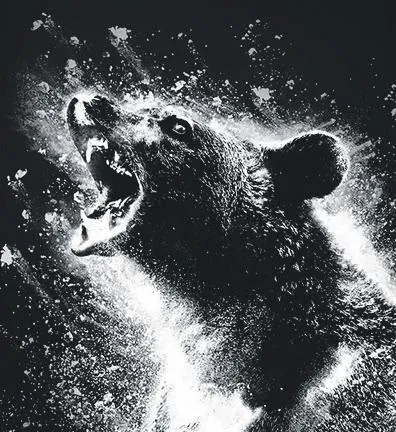I recently made the mistake of watching Cocaine Bear. It’s a B-movie based on the unlikely, but apparently true, story of Class A narcotics that were lost in a US national park and then found and ingested by a black bear.
The mind-altered bear then goes on the rampage, attacking tourists. I found myself frequently jumping in shock, gasping in horror, and squeezing my eyes shut in disbelief during the course of the film – much to the amusement of the person sitting beside me on the plane at the time.
The way the director cleverly manipulated my fear responses to keep me watching the film despite my better judgment reminded me a little of recent political manoeuvrings. You may have followed the debates around the ‘war on motorists’, the ‘great British train robbery’, or the ‘invasion of immigrants’. The catastrophising rhetoric is a clever device used by some politicians – and loved by the media – because it creates fear. Fear can make us instinctively want to move, to act, to shout, to blame. Or it can make us shut down, hide, close our eyes, ignore the problem. Or fear can make us want to run away and escape. This classic fight/flight/ freeze response to fear is as great for party politics as it is for action-movie sales figures.








Immigration: Who is shaping our response?
I’ve been reflecting on a moment in Luke 7. A woman comes to Jesus with an alabaster jar of costly …